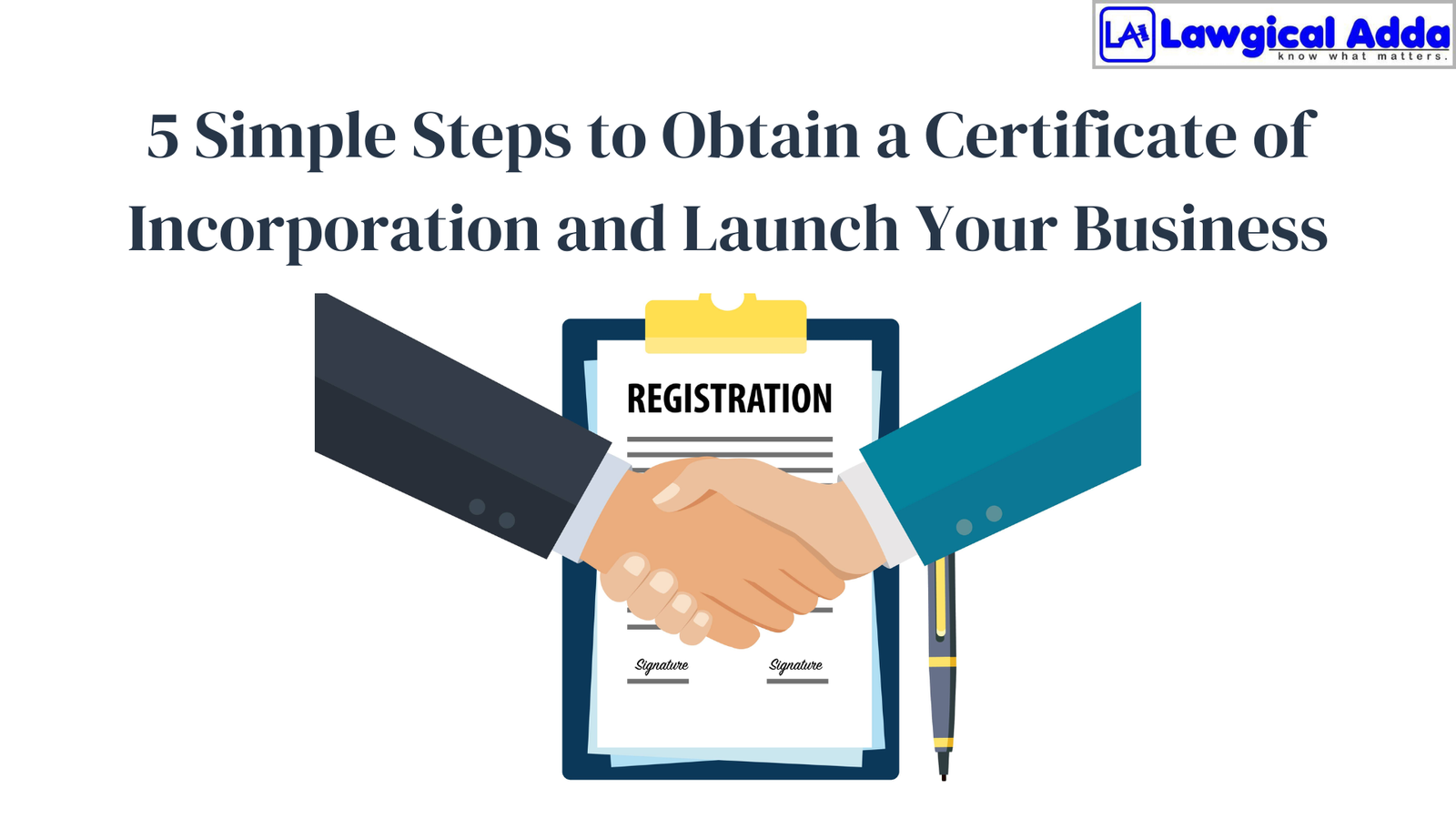Partner Remuneration Limits Explained

Table of Contents
Introduction
The salary, incentive, or commission a partnership firm pays a partner is their remuneration. Partners, like ordinary employees, receive monthly payments for their contributions to the company.
Conditions for Partners Remuneration Limit
- Only the cooperating partner shall receive payment.
- A working partner is an individual who actively manages the business or professional affairs of the company in which they both own shares.
- A working partner is an individual; a partner cannot be anything else.
- Even if a partner dedicates a portion of his working hours, he will still be considered a working partner.
The Partnership Document Should Approve the Compensation
Any compensation, bonus, or commission paid to a working partner under any other name may only be deducted if it is approved by a partnership deed and made in compliance with its provisions.
- The partnership deed should outline either the amount of compensation payable to each individual working partner or the criteria for qualifying for such compensation.
- An annual payment may also be used as compensation.
- The compensation should be updated after the partnership deed.
- The compensation given to the working partners will be deductible for the company from the date of the partnership deed.
- Payment for the period before the partnership deed’s date is not feasible.
- The compensation must be at least the allowable maximum.
The highest amount that can be paid to a partner applied to the total income of all partners and not to each partner individually, is as follows:
- On the initial Rs. 3,00,000 book profit or loss: 90% of the book profit, or Rs. 1,50,000, whichever is greater.
- 60% of the profit from the leftover book is what’s left over.
Precise computations must be made to determine the book profits, guaranteeing that the established boundaries are followed.
A few requirements must be met to deduct interest paid to partners:
- The partnership document must authorize or approve interest payments.
- No more than 12% of the amount invested should be borrowed at interest. Any more than that is not permitted.
- The interest should be payable as of the partnership deed’s stated date.
It is important to emphasize that any interest paid directly to a partner in their capacity will be free from the disallowance criteria and limits if that partner operates in a representative capacity (i.e., on behalf of someone else).

Requirements to Reclaim Interest Deducted from Partner Payments
- The partnership document must authorize or approve interest payments.
- Interest rates should not be more than 12%. The excess interest is prohibited if it surpasses 12% of the capital.
- It is not permitted for the partnership firm to elect to pay tax under section 44ADA or section 44AD on a presumptive basis.
- The compensation shall be paid for a period beginning with the signing and coming into existence of the partnership deed, not from any earlier date.
Section 10(2A) of the Income Tax Act exempts partners’ share of profit from taxation, regardless of whether they are sleeping partners or working partners.
If not otherwise indicated in the Partnership Deed, this share may be divided equally across partners or decided using ratios that have been mutually agreed upon.
In addition, partners are free to divide the earnings equally or to keep some for reserves and excess.Comprehending the numerous facets of partner compensation is vital for partnership organizations.
If you’re looking to register a Section 8 Company, Public Limited Company, or Private Limited Company, or need assistance with checking company name availability, reach out to Lawgical Adda for expert support. Contact us today!
For more legal updates and information, follow Lawgical Adda! Let us guide you through the process—contact us today to protect your innovations. Reach out to Lawgical Adda for expert guidance. Contact us today!







